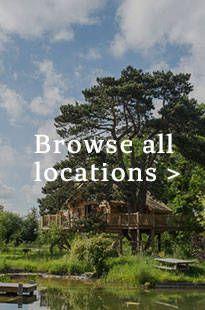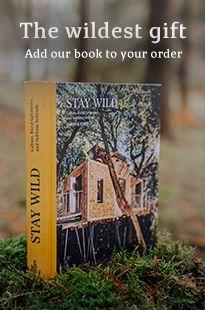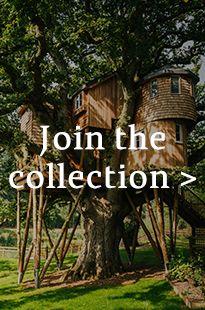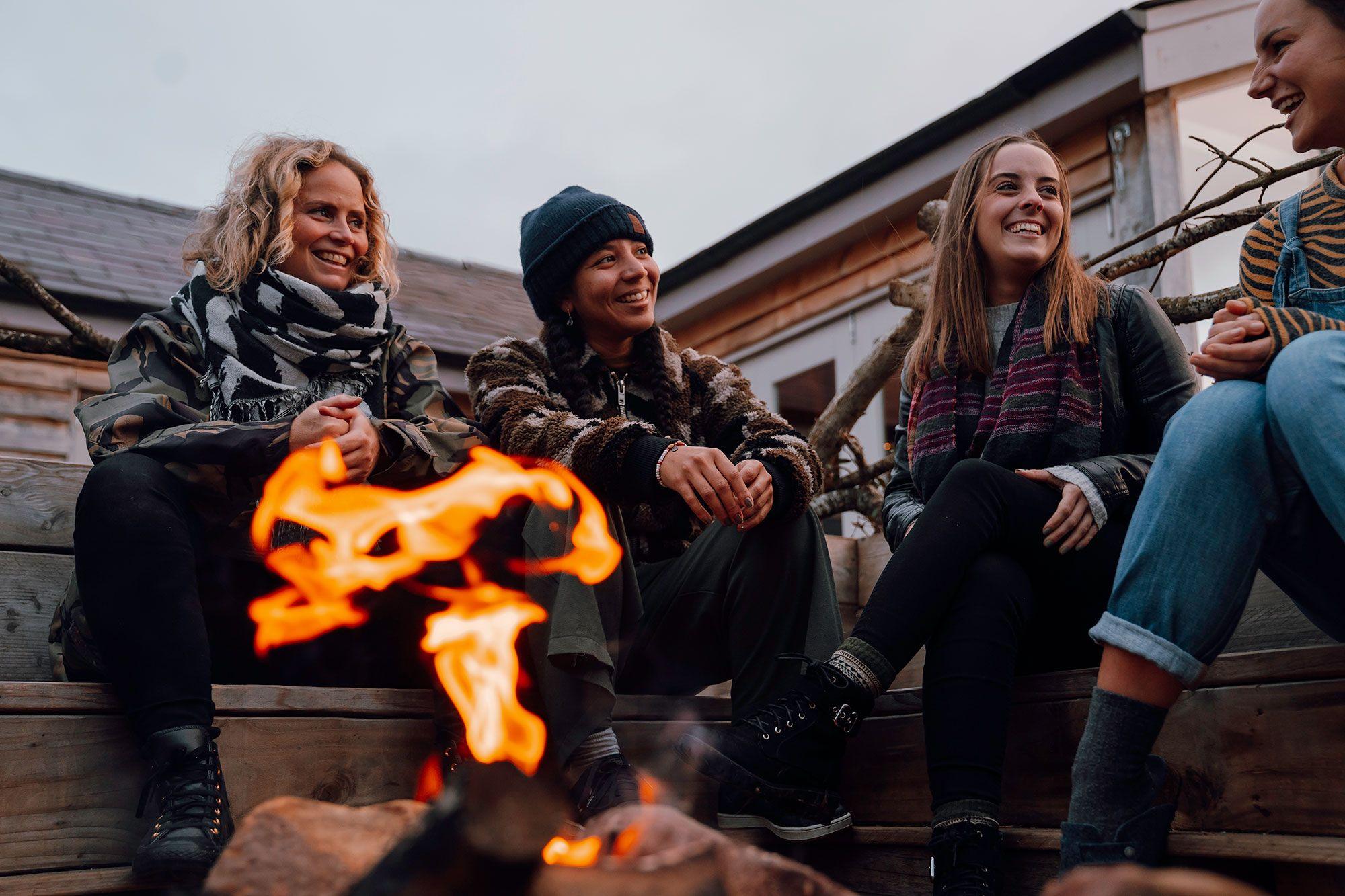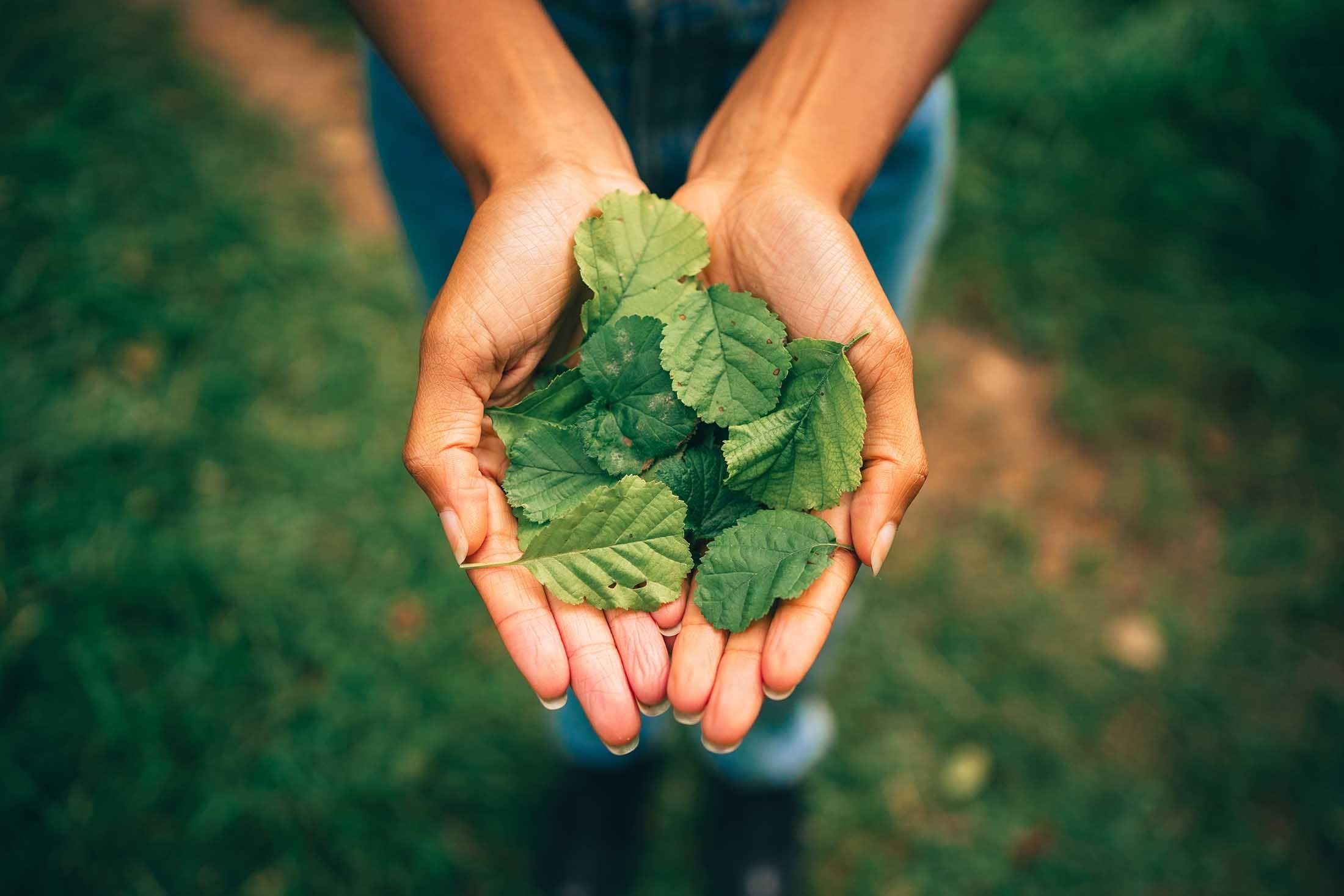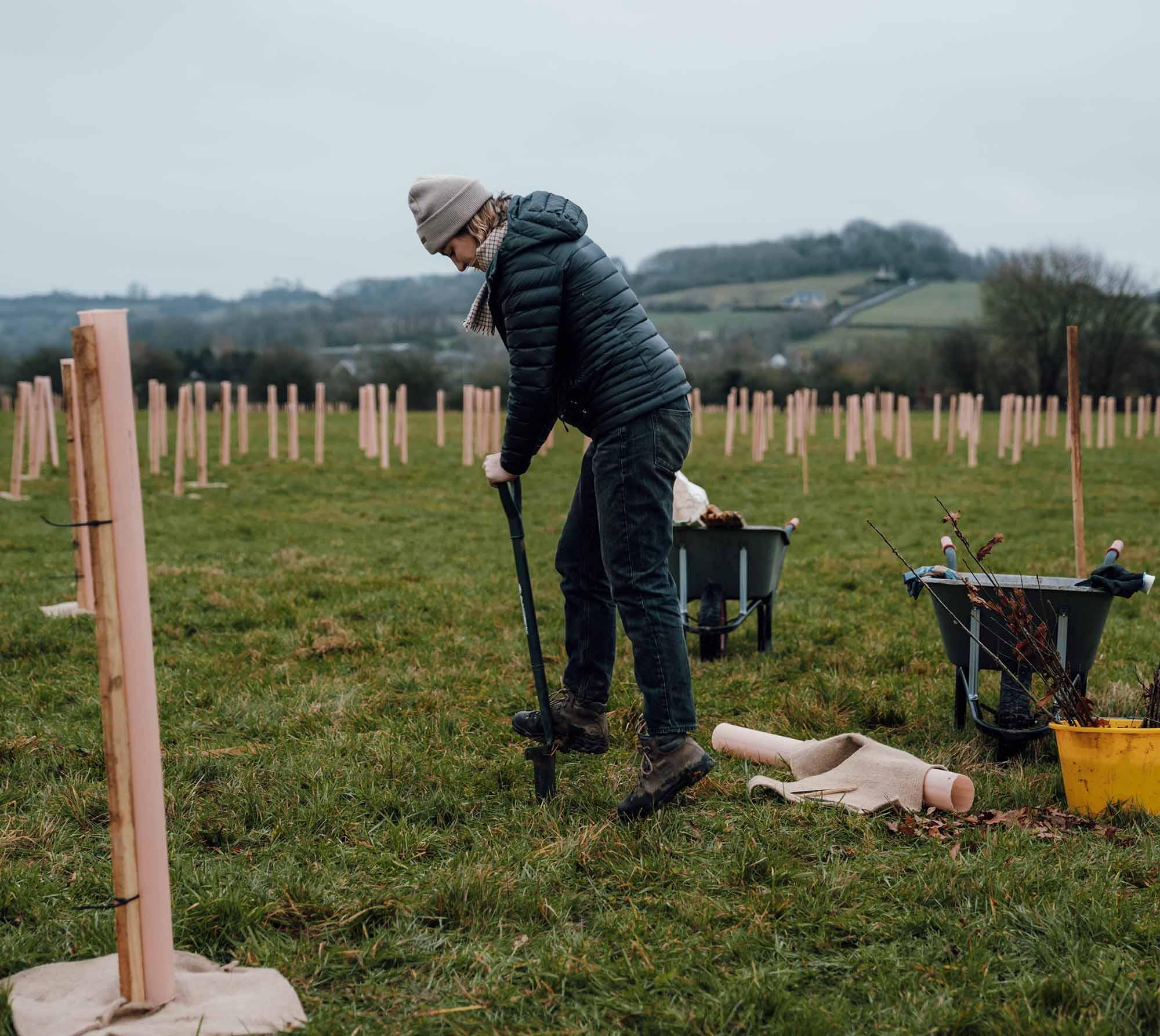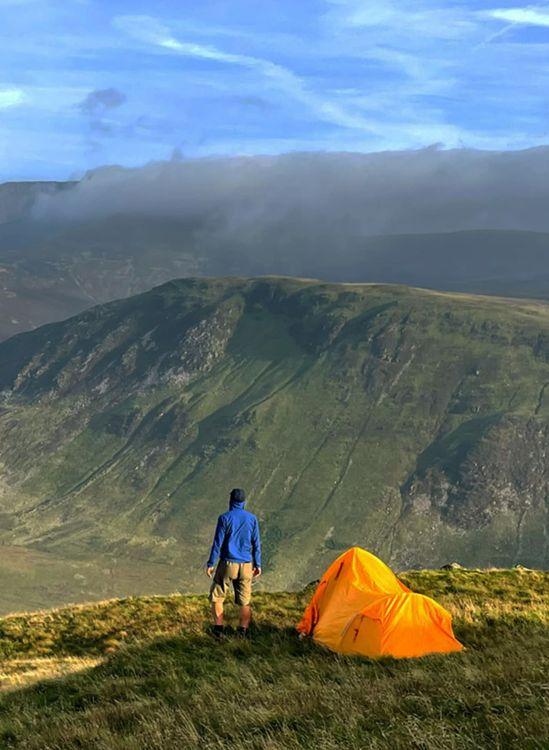
A Life More Wild - Series 2 Episode 6
Russ Moorhouse & Lisa Shaw
Wild camping on all the Wainwright fells with Russ and swimming all the Balearic Islands with Lisa
In episode six of A Life More Wild, we go for a walk in the Lake District with Russ Moorhouse, who points out a fraction of the 214 Wainwright Fells he wild camped on in an epic year-long adventure. We also talk to Lisa Shaw, who has taken on the impressive challenge of?swimming round all the Balearic Islands. Both find a calm in nature that they know nowhere else.
Hi, this is Chris from Canopy & Stars Welcome to A Life More Wild. This episode is about challenge, and both our guests have faced and taken on their very own. In a while we'll be talking to Lisa Shaw, who is raising awareness for young minds UK by swimming 860 kilometres around all the Balearic Islands. But first, we're off to the Lake District to walk with Russ Morehouse.
After mental health struggles of his own, a somewhat dramatic day in the office and a lot of thinking time, Russ made a big decision. A keen wild camper, he decided to spend a night on every single one of the 214 Wainwright fells.
There's something lovely about being high up on a mountain and looking down on everywhere and the view below you, sometimes with Cloud inversions. So, I was there above the clouds. So, the top of the mountain stuck up by little islands and the sea of clouds does this mean retention? The rest of the world is hidden in the cloud. Probably thinking it was a rainy day, but on the top that was lovely sunshine and really nice.
What followed was a year of high winds, snowy awakenings, and he's pretty sure, more sunrises than hot dinners.
So, Russ, where are we now, what does this place mean to you?
So, this is Doug's road. This is the road where I first had the idea to sleep in all the mountains and realise that when you spend the night sleeping on a mountain, it's a different connection that you have, to just, when you just climb to the top and back down in a day. It's a lovely place to walk starts with this gravel path. Farm fields on either side. There's cows on a day like this, there's a car just up there. And it's just like a little lovely entrance to the Lake District.
At the moment, it's this beautiful sunny day, long grass and Bracken either side and stone walls -- beautiful stone walls that have been here for over 200 years in the Lake District -- that's in the distance you can see the start of a mountain range that's Wansfell so I've slept on the highest point of that.
Alfred Wainwright in 1960 wrote a guidebook for the lake district that has become legendary and famous. And in there he depicts 214 different fells or mountains of the Lake District and describes each one of them. Collectively they've become known as the Wainwright's now. And Alfred Wainwright himself had a quote, which was: 'one of the best ways to get away from other people is to spend the night on a mountain'. After that you are never, never again, scared by the mountain but view it as a friend.
How did all of this start for you?
After the COVID lockdown, starting in March 2021, for the 12 months from that point, I slept on all 214 of the Wainwright mountains in the Lake District. The rules I had for the challenge were, first of all to climb to the top of the mountain. And the second rule was to sleep on it. So as near to the top as possible, but it wasn't always on the top. Some of the mountains had like special places to sleep, such as a cave, that had been slept in by Stone Age axe men. Or there's a ledge on Pavey Ark above 100-foot drop. Had to tie myself on with a rope, which is very exposed bivvy camp, but great, fun, exhilarating.
How long did the whole journey take?
It took a year, if somebody comes along to do it next time, it will take them a year. It's spread over the seasons equally. If I made it easier for myself, I'd have done all the camps in the summer. But I've missed out on some really good winter ones. In winter, I went days without seeing anybody so the Lakes isn't a busy place, of some of the tourist hotspots in the villages out in summer. But majority the time is pretty wild, still very wild, on the mountain tops. Because I was looking for, you know, there's still wilderness to be had.
Had you done any of the peaks before? Or is the Lake District new to you?
I sort of knew the Lake District fairly well beforehand, but sleeping on the top is different and as the year went on, at first, I used to think of climbing up to have a sleep and coming back down, but towards the end of the year, it felt more like I was living on the top of the mountains. I just came down at lunchtime to get some more food to go back up for the night. So, the whole perspective changed. Down the left is Troutbeck, a really pretty little village in the Lake District, with white painted houses. Sort of glistening in the sun.
How did all of this start?
My story is, I've been diagnosed with the EUPD, which is emotionally unstable personality disorder, the type of bipolar. But in layman's terms, it means you're more like the Hulk. So, like, I am today, 99% of the time I'm enjoying myself in the sunshine. And then this is the 1% things get too much for you. And you just lose it and become all angry, you start breaking things that surround you -- chucking things out.
You know, just it's like a bomb going off. And obviously, it's not nice for me, it's not nice for the people you're with either. And it can just be caused by various different, it's hard. There's no known cure, there's no known cause either. I mean, I used to work in the bank, and it was a sales job in the bank wanting to learn to do well, just getting pecked about something that was trivial. And I just snapped. And this is what this is -- a part of mental instability that I had. There's no warning sign, I don't know I'm going to do it. So, first thing I'm gonna do is, just pick up my laptop, smashed it down, it broke, and then you're into it -- aren't you? And so, I picked it up again, smashed it again, and a third time smashed it again. And then I got up and I kicked the filing cabinet so hard I put a huge dent in it, and it can never be opened again because it's buckled. And I slammed out the door and I'm storming out the building. And then I set the fire alarm off, just as I'm storming out, just out of anger. And then everyone has to get up and walk out the building with me! Which is even worse. So, then I'm walking out the building and everyone else is coming out with me.
Went back, lasted two more years in the job, it didn't get any better. And when I decided to speak with the mountain, just about getting to the start, I just wanted to get to the beginning, do one night a week, see how it goes. And that was the best year of my life experience was loved it so much. When I'm in the mountains, it definitely feels better. And everybody comes to the mountains and does mountain walk. Everybody knows that the mind is in a happier place in the mountains and it's good for you.
And where are we off to now?
We're just gonna go through these gates now and carry on. And we're just gonna keep going around the corner. And then the whole view will open up. You'll see a lot of the bigger mountains in this area.
What was the hardest part of the journey?
The hardest was, in winter, and the storms were coming, I camped through February. And the seven storms of February, and the weather was just very harsh. So, I was camping on Bessyboot's one day, which is a much-loved fell. And it was 50 mile an hour winds, and snow on the ground. And it was really hard work just getting to the top and everybody else is running for shelter and I tried to put the tent up on that one. And the wind was so strong that the pole snapped, and I had to climb out of the tent in me underpants in the middle of the night. And fix the broken tent pole with a spare tent peg, and a wet hiking sock. And tie it down. And then I survived till the morning in that one. So that was a very tough, uncomfortable night. But that was part of the challenge, and I wanted to show that the Lake District has everything to offer. You don't have to go to the Himalayas or the Alps to experience extreme weather. We've got it all here, if you were prepared to look for it and find it.
What were some of the best moments?
I saw loads of sunrises, yeah, and you see them when you wake up early in the morning to see the sunrise from a mountain top. It seems to be different from when you're looking at it from your bedroom window, because you're higher than the Sun often as it rises, and appears just like a big red fireball in the sky. Some of the mornings it was really like a translucent, large red glowing object and not the yellow sun, that the yellow circle that you think the sun is at most times in the day. It actually looked like a gas giant, big burning fireball, and you're sitting on the mountaintop looking at that, having your breakfast you just think 'wow'. You know you can see a certain real energy about the world. No, I did a lot of this for mental health my own and to raise awareness and help people feel better. I think it definitely, definitely helps people. You know there's a connection we have, this is, we're animals, aren't we? And that's where we originally come from. We're not computers yet, we're not upgraded to putting chips in the back of our heads, to improve our intelligence. And that's sort of like, the primordial essence of what we really are, is a connection that just makes you feel better, you know, put things in perspective, and it makes you realise things that you might worry about when you're at home, isn't something you really worry about. When you sit on top of the mountain, it just gives you that distance.
And where are we now?
So, this is where we've got to, it's the viewpoint. So, we're just above Troutbeck. Next to the pine forest underneath Sallows. And from here you can see the Troutbeck Tongue Horseshoe and it's a magnificent display of six or seven mountain peaks in a horseshoe shape with the Troutbeck Tongue in the middle, just rising a lot smaller than the others. And Threshthwaite cove marking the furthest point on the horizon. It's a beautiful spot. This looks fabulous.
How does this place make you feel?
Yeah, whenever I'm here, I does feel relaxed, isn't it, it's just feels like, the mountains, you're looking at them, you realise they've been there for millions of years looking just the same. So, everything's in perspective, and it makes you feel like timeless, you know, just really like this feeling of being here in the fresh air and the open, you can hear the bird's song in the background, and a tractor still going away over there. And it's just yeah, beautiful spot really, really nice.
How has this journey changed your perspective?
Before I started this year, you know, I thought, the way the world is, in this country, and a lot of people think this you know, it's a rat race, people say, and I wanted to see if there was a way of having a different life, if there was a way to do something different. And I feel it has changed me and I feel got my perspective differently. Now I don't need to earn big money, I don't need to earn millions or be rich because that doesn't really buy you anything. That's only good if you want things that other people make, as a bartering system, and the best things I've found in the planet, is what's naturally here, so you know, the mountains, the views, the landscapes and so for me, I know I can survive with very little. And you know if I was homeless, which I am almost homeless, I wouldn't live in a town centre shop doorway, I'd come and live on a mountain top or something. So yeah, it has changed me. Not sure where I'm going to go. How or what's going to happen next, other than I'd like to find some more mountains keep sleeping on keep that going.
Where are we off to next Russ?
So, you can see there that's the nearest one's Yolk, the Needle, Bell and Froswick, Thornthwaite Crag in the background, with the beacon on, Troutbeck Tongue has that huge mound in the middle, and obviously it looks like...
Russ took on his challenge at the highest points you could find. But long-distance swimmer Lisa Shaw spends most of her time at sea level. The calm she finds in the water has helped her through some hard times, including a childhood diagnosis of PTSD. Now she's looking to become the first person to swim around all the Balearic Islands, fundraising for Young Minds UK in the process. It's a total distance of around 860 kilometres and a truly staggering undertaking.
Lisa, thank you so much for coming on A Life More Wild!
My pleasure.
So, give us a bit of background tell us who you are, and about this ridiculous challenge you're taking on.
So, most people will know me, mainly for being a movement guide or teacher. And I own a studio called The Movement House where we work with anyone, from off the couch, all the way through to athletes, helping them to reach optimal performance, to whichever level they're looking to achieve. But the other side of me is, I am a long-distance swimmer, which I have been since I can remember. I was born straight into water, and I haven't left since. And so, at the moment I'm embarking on a challenge to become the first person to swim or five of the Balearic Islands, which is situated in Mediterranean and it's a total distance of 860 kilometres. And the challenge is to build awareness of children's mental health, and specifically PTSD and trauma in children and I'm swimming for Young Minds UK, which is the leading children's mental health charity.
So why the Balearic Islands specifically?
So, the Balearic Islands I lived in for, a huge chunk of my life. Most people have been on some sort of trip to Ibiza in their younger years. And maybe remember it for many different reasons.
Or not remember it very much.
Or not remember it, yeah! The island itself is extremely beautiful, and surrounded by some of the most incredible waters, the challenge is big. And people will say to me, 'oh, my goodness, I can't believe you're embarking on this. And you know, the waters, being in deep water, and how wild it must be'. But actually, the Mediterranean is quite a tame sea to swim in, and the Balearics don't actually see too much of a change through their kind of tides. And there's not too many currents or rips around the islands. So, to be fair, they're probably, in the swimming world, they are probably quite tame, when it comes to swimming them. I'm not saying that's the reason I'm doing that. But it's just somewhere that I was able to swim from a young age and feel quite comfortable in the water. And as I got into long distance swimming, as I got older, I found that swimming these islands, and specifically Ibiza, because that's where I was living, it was the main support for my mental health. So, it had become my tool, I guess, to help me overcome certain traumas and PTSD that I was going through. Yeah. And so, it felt just very natural to swim these waters.
Is it the meditative aspect, of just that sort of rhythmic, the swimming? Is that how it helps?
Yeah, so I don't know about long distance swimmers, but I think most of them will agree with me, when you're swimming these kinds of distances, you do get to a point that the swimming just becomes, you know, second nature to you, it's the same as walking, you know, it's like, you don't necessarily have to think about what you're doing once you're once you're in it for so long. And it does become extremely meditative. And there are moments where, it is just me and water, there's nothing else, there's no thoughts. And it's just that that sense of feeling of gliding, flowing, I guess, like a flow, flow like state, which becomes extremely meditative, and extremely calming for the nervous system helps to regulate the nervous system. And I guess also, one of the big factors that plays in that, is the breathing, you know, you're you've got this rhythm to your breathing that you're consistently doing. And it's and it's conscious, you have to be conscious in it.
Did you ever have lessons or have you just been a swimmer your whole life and never needed them?
So, my dad was a swimmer. And he lived on a boat. And actually, one of my earliest memories was, him scrubbing me with Fairy liquid on the back of the boat, he had this really kind of old rickety boat, and he would scrub me with Fairy liquid, in a bucket that was far too small for me. And I kind of would be poking at the top of it. And then he just threw me, off the back of the boat. And that was really the first time I'd ever gone into deep water. I was super young at the time. I remember not being afraid. And actually, the one thing I remember him saying to me was that 'Fairy liquid is the only soap that you can use in sea water that cancels the salt out'. And I remember that being fascinating and forgetting I'd just been thrown into deep water off the back of this boat. But that was one of my earliest memories of, of deep water and open water. And I just remember absolutely loving it. Then I went into competitive swimming. And I was doing competitive swimming for many, many years. And I loved it at the time. But I'm not a competitive person. I didn't have a desire to compete against others. And I stepped away from competitive swimming. And then I just went swimming one day, I was only going in, not really with an intention of how long I'd be in the water. And I never thought I'd be in as long as I was. And then before I knew, it'd been 6//78 kilometres. And this has continued happening. And I started to see this really positive effect and especially when I wasn't feeling my best and I would go to the water because, I guess it's my safe place, its where I feel most comfortable. And I would find myself just swimming for kilometres. And coming back to shore and feeling really connected to myself and feeling really calm and in control of myself. And there wouldn't be any worries, and I wouldn't be feeling how I felt when I entered the water.
Now I was looking at the, it's the Majorca leg that's longest, isn't it? The largest island?
That's right. Yeah.
And that's what -- London to Manchester. I think I mapped it?
Yeah, that's, that's right. Yes.
The distance from London to Manchester -- which is outrageous. Would that be the longest you've ever swam? Or have you done further than that before?
That will be the longest I've swam and still we're not too sure exactly how that looks yet. What I'm doing is focusing on one island at a time. So right now, I need to complete the first island, which is 72 kilometres. The idea of that is to try to do it under 24 hours, nonstop. And it's an unassisted swim which means, I can only swim with a swimming costume, set of goggles, and one non neoprene cap, so I can't wear two caps. A lot of swimmers, who do long distance swimming, even when you're in warm waters might wear two, just to help with hypothermia, because that does set in at some point. But for an assisted swim, it's only one hat that you can wear. So, there's no wetsuit. And the idea is, is that you're not allowed to touch any part of the boat, the support boat or land until the swim is complete, and that it counts with you stepping completely out of the water. So, you have to be on complete dry land for the swim to be complete. So, eating, and one of the questions I always get asked, where you go toilet, everything is done in the water, or treading water. So yeah, so the first swim, that's what we're focused on, first of all, and then once we've completed that, we'll start to look at the next one, there will be a big break in between, because there's a big recovery period. That I will have to take and then retrain again, because it does significantly go up after the first swim.
So, you said that, 72k one, you're looking at trying to in 24 hours. So how long do you expect the Majorca leg to take?
Yes. So, the Majorca leg will be. Yeah. No one's swam that distance in one go yet.
Right.
The idea is you can do an unassisted swim, if you stay also, it is still classified as a stage swim. But you can, you have to stay on water, so I wouldn't be able to stay on land. So, I'd have to stone a boat. And you can steep for a certain amount of hours and then straight back into the boat again to continue. So that is one of the options that we're looking potentially to go down. But again, we won't know until we get to that point.
So how did you, how did you get involved with the charity?
So Young Minds, I'd followed Young Minds UK for quite a while, through Instagram, mainly. And the reason I approached them was because, they are so active and there's so much action behind the words that they say, and I've seen a lot of the things over the years that they've said they are aiming to achieve, and they've achieved them. The one thing that I'm connecting with the most through, is the campaign that they're running at the moment, which is to get self-referral hubs put up across the UK. And this is so that children who are needing to speak to someone don't have to go to the NHS and be put on the waiting list. Because I think at the moment, the waiting list is over two years. So, these hubs will allow these children to be able to do self-referral, and to get the help as soon as they need it. And that's something that really does resonate with me. And something that I experienced when I was younger, was not being able to get that help instantly. So, it's great to know that this is a potential solution to that. So, I'm backing that campaign as much as possible. So that was one of the main reasons that attracted me to swimming for them.
So then, because it was you decided you want to do something for them, or did you think I'm going to do all the islands? I will do it for them. Which way around was it?
So, it was I'm going to do all the islands, and then it was I'm going to do it for them? Yep. So, it came to me when I was swimming. I mean, I've been doing this long-distance swimming for a very long time at this point. And I'd realised it had become the main support of my mental health. And I tried all different things to, support my mental health and, and there's been a few things over the past that have definitely worked and stuck. And maybe I still do now as well. But there was a lot of things that didn't work. And I was trying to find ways that were more wholesome, more connected to nature. And while allowing you to feel that you were still achieving something as well. I come through the best ideas when I'm swimming, and then I forget them instantly when I step onto land, they're just gone after. And you can't make notes when you're swimming. So, you know, it's all up in the head and you've got to try to remember it. And so, from that point, is where I decided that if I can act as a voice for children, then I thought well, nothing better than to do a big challenge that hopefully could also bring a wider audience in, that would be able to understand and learn more about children's mental health.
So how long ago was that? That you thought of it? How long have you been in the planning?
My goodness. Okay, so, it's been in the planning for seven years, we've been planning this and having an end date or well, or start date should I say, for the first swim, and that's just been moved over and over again. But we are fingers crossed finally going to make it happen this year so...
... and so, after even all the hours and all the miles of swimming? Do you still just love being in the water? Is there never a day when you think 'I don't want to do this'?
Pool swimming. I can have those moments sometimes. Yeah, but sea swimming never. Never once have I ever had that thought, it's, it's a real exciting feeling for me. And it's something, yeah, I can't wait to get into the water.
Just to really depress anyone who swims out there. When you're pool swimming for training, how many lengths?
Oh, so that can vary. So, my training varies between, the beginning of the week, I do less hours, and then by the end of the week I up it. So, I can do anything between six or seven hours in a pool. And in one hour I'm swimming roughly about three, and three-quarter kilometres. So, just under four kilometres an hour I swim at the moment. When I'm in the sea, that's, it's a whole different type of training completely, the pools more difficult because you're hitting an endpoint, you know, so you're kind of, you're psychologically, you know that you're almost in a bit of accounting. Whereas in the sea, you know, distances doesn't exist, you know, you're just swimming.
So, I imagine that pool swimming is great. But sea swimming is probably, is the first love. So, is there, are there particular places, is there a particular time or a moment, that sort of captures it for you, the whole feeling of swimming?
I spent last year actually swimming four months in Fuerteventura. The thing with Fuerte' that I really liked was that it's, completely different to the Balearics. So, even though the islands can be similar to some extent, it's just completely different. It's in a completely different ocean. So, it's a lot, well Fuerteventura -- it translates into wind or windy. So, it's a very, very windy island. So, the waters a lot, not as calm as the Balearics.
It can be very choppy at times, which I kind of like, it puts you on your, your toes, because you have to think a lot more, you have to think about all the directions of the wind and swell and how the ocean is moving, the tides are a lot bigger, and you're a lot more exposed, probably a lot more dangerous as well. It used to be a great white area. So, it was known for its great whites there as well. They left after the seals had left. So that's why they were there. They were there eating all the seals and the seals left at one point and then the, the sharks went with them. And they were going to bring the seals back into Lobos Island, which sits just off of Fuerteventura in between Lanzarote, and Fuerte'.
And they decided not to because they knew if they bought them back, the great whites would come back. So, there's this element of excitement as well, you know, it is definitely a place where, I really don't know what's beneath me. So, that kind of opens up a whole different avenue to swimming, and I've swam there where, seeing stingrays, swam with a lot of stingrays there, and there's a big school of them that kind of live around one of the harbours. And also the landscape is completely different, because it's completely barren. And it's a volcanic island, you can see the volcanoes underneath of the water as well. And obviously, where the lava would have ran down, and then where obviously it would have cooled, and formed all of these incredible rock formations. So, I would say that Fuerteventura is probably, because it is so different to anywhere else that I've swam, I think that's probably one of my favourite places.
And so, I'm gonna ask the one question, I think a lot of people listening to this will be thinking, what about sharks?
It's funny, actually, I've been asked that a lot recently. In the Mediterranean, it's okay, we don't really, there haven't been many sightings there. Although there was a great white sighting prior to lockdown, they had one there, but it was tracked as well. Sharks is, something that, it doesn't bother me, I don't allow myself to think about it. But I also, am not afraid of thinking about it. I'm a great believer in, if your path is set for you to some extent... So, if that's my calling, then so be it, I guess. But I also find sharks extremely beautiful. And I've had times in the water, one experience where I was swimming. And you're so in tune with what's happening, even in the depths of the water when you're not even sure what's underneath of you, but you're very in tune, and you can hear a lot, even I have earplugs in, you can still tune into different sounds and so on that happening. And I can always hear the boats coming, even from a distance. And I was swimming along, and I popped my head up and the support boat was next to me. And I said, 'there's definitely something in the water'. And they said, 'well, we'll keep an eye out for you', you know, and I said '100% there's something here'. Anyway, I carried on swimming. And as I carried on, suddenly a school of dolphins just came up rushing next to me and started jumping out and swimming with me. And I mean, it was a beautiful experience, you know, and you have moments like that. And I kind of put sharks in the same category is that, you know, at the end of the day, I'm in their territory, so I just tried to respect it as much as possible.
If you've been listening to Russ and Lisa thinking about your own personal challenge, remember it's okay to start with something small. Just maybe make sure you get outside for a bit every day, and work your way up to living in a tree for a year, or cartwheeling the length of the UK. If you want to see how Lisa or Russ are getting on with their adventures, check out the links in the Episode Notes. Remember to rate and subscribe in your podcast app, and we'll see you outside again soon.

